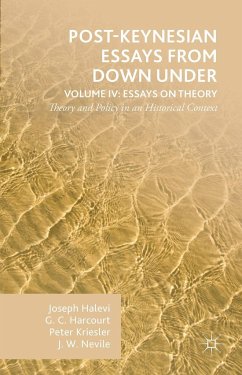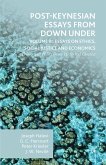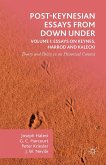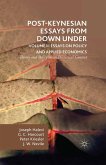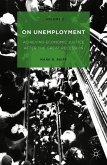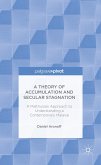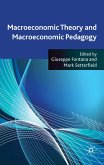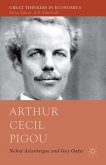Joseph Halevi, G. C. Harcourt, Peter Kriesler and J. W. Nevile bring together a collection of their most influential papers on post-Keynesian thought. Their work stresses the importance of the underlying institutional framework, of the economy as a historical process and, therefore, of path determinacy. In addition, their essays suggest the ultimate goal of economics is as a tool to inform policy and make the world a better place, with better being defined by an overriding concern with social justice.Volume IV explores theory.
'The openness to new policy ideas in the wake of the crisis needs a different theoretical understanding of the economy from the prevailing mainstream. That such an alternative is available in post-Keynesian economics is evident from this impressive collection of essays from four leading Australian political economists. Joseph Halevi, Geoff Harcourt, Peter Kriesler and John Nevile bring together a selection of their contributions to post-Keynesian theory, built on the work of theoretical pioneers. While each of the four brings his own perspective, the collection displays an unusual degree of cohesion resulting from their shared influences and collaborations.'
Sheila Dow, Emeritus Professor of Economics at the University of Stirling, UK
'The essays in this volume exude the importance of economic theory and, in particular, the importance of a truly alternative theory that transcends patched-up amendments of orthodoxy. Uncoupling the theories of value and distribution from the straitjacket of marginal productivity theory and recognizing the limits of equilibrium theorizing (and the importance of path dependency) are but two important items on the agenda. The book could well be subtitled 'Theory Done Right'. Its contents demonstrate that as regards economic theory, there is much to be admired about, and much to be learned from, the view from Down Under.'
Mark Setterfield, Professor of Economics, New School for Social Research, USA
'A valuable collection to inspire some and remind others how little they know.'
James Forder, Balliol College Oxford, UK
Sheila Dow, Emeritus Professor of Economics at the University of Stirling, UK
'The essays in this volume exude the importance of economic theory and, in particular, the importance of a truly alternative theory that transcends patched-up amendments of orthodoxy. Uncoupling the theories of value and distribution from the straitjacket of marginal productivity theory and recognizing the limits of equilibrium theorizing (and the importance of path dependency) are but two important items on the agenda. The book could well be subtitled 'Theory Done Right'. Its contents demonstrate that as regards economic theory, there is much to be admired about, and much to be learned from, the view from Down Under.'
Mark Setterfield, Professor of Economics, New School for Social Research, USA
'A valuable collection to inspire some and remind others how little they know.'
James Forder, Balliol College Oxford, UK

